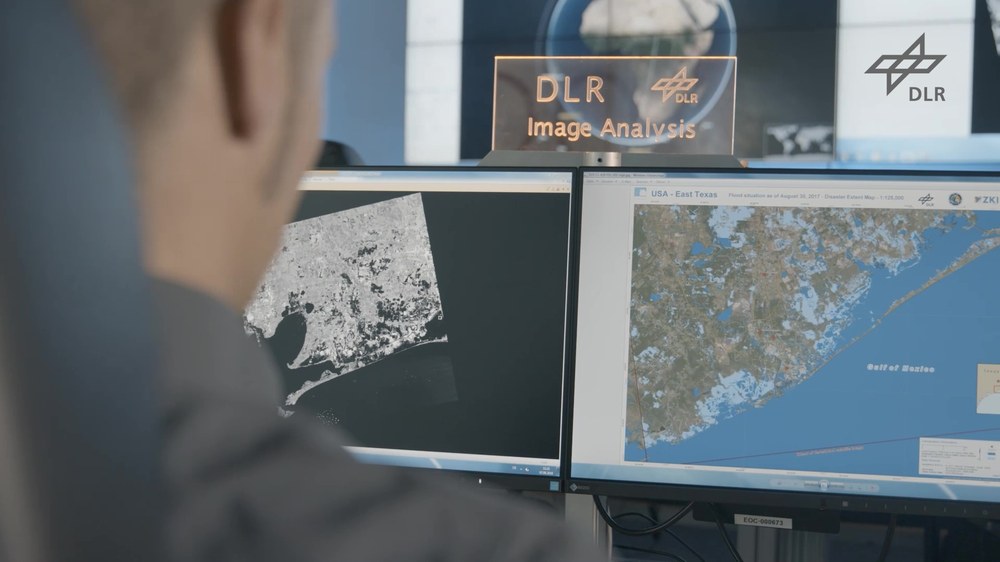„Connecting the dots“
FIELD OF STUDY: Mechanical engineering | NOW: Institute for AI Safety and Security
Computer science, data science, computational engineering – your expertise is in demand at DLR. In order to achieve our ambitious goals in Research and Development – both in space and on Earth – we rely on state-of-the-art software solutions and highly qualified experts. And that’s why we're looking for you.
Projects at DLR provide variety and collaboration on exciting topics. We break new ground – every day. Do you want to be a pioneer like us?
Tamon Nakano, for example, is breaking new ground at the DLR Institute for AI Safety and Security. There, he optimises physical simulation tools with the help of artificial intelligence. In this way, he is making machine learning algorithms more accessible and user-friendly for colleagues who are conducting research into fluid dynamics, aeroacoustics or combustion processes. Tamon hopes that a combination of different approaches will lead to both synergies and new discoveries. His international experience and contacts also come in handy to achieve this.
Here are some of the questions we investigate:
Daniel Schenk is completing a master’s degree in Computational Science and Engineering. As a student assistant at our Institute of Software Technology, he is working on a software programme to support the use of satellite servicing robots in Earth orbit. To do this, he works primarily with Unreal Engine 5. To do this, he works primarily with Unreal Engine 5. Daniel has to familiarise himself with many tools and gains valuable practical experience in the process. Constantly learning about new technologies from the application is a daily motivation for him: "I look forward to knowing more after work than I did before."

"… new technologies for the entire computer world"
Your consent to the storage of data ('cookies') is required for the playback of this video on Quickchannel.com. You can view and change your current data storage settings at any time under privacy.
Tobias Haase is constantly coming into contact with new, highly specialised technologies at the Center for Lightweight-Production-Technology (ZLP) in Augsburg, a department of the DLR Institute of Structures and Design. The computer scientist uses these technologies to network robot systems, for example. This involves developing a common infrastructure through which all systems can exchange data. Where do his results find application? Primarily in aircraft manufacturing. Tobias not only encounters new technologies, but also ideal conditions: “Working at DLR is special because it allows me to realise my own concepts and ideas and conduct research with many degrees of freedom.”
Computer science is used in all DLR research areas. These institutes & facilities have a special focus on this area:

VIDEO: Big data platform
Your consent to the storage of data ('cookies') is required for the playback of this video on Quickchannel.com. You can view and change your current data storage settings at any time under privacy.
